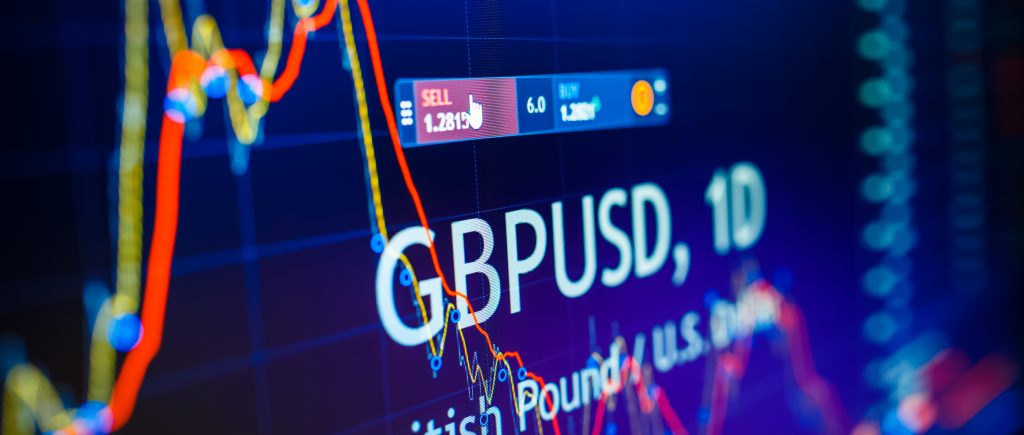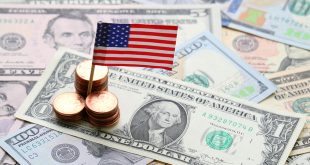Amid evident US data volatility, the GBP/USD pair is rising on the strength of strong UK retail sales data that is above expectations. The US PPI increased more than predicted, pointing to continuous inflation; the UK’s sales boom indicates consumer optimism.
A cautious stance on inflation by the Fed weakens the USD, and new economic data changes the forecast for the BoE rate cut. At the time of writing, the Pound Sterling was up 0.14%, trading at 1.2617, during Friday’s mid-North American session.
US economic data momentarily restrained the increase, but the GBP/USD pair continued to rise for the second day in a row thanks to an above-expected UK retail sales figure.
Despite reporting a middling GDP, the Pound Sterling was supported by strong UK retail sales. The US Producer Price Index (PPI) rose 0.9% year over year in January, exceeding projections. The Core PPI unexpectedly surged, exceeding predictions of 1.6% and jumping 2% above the 1.8% gain from the previous month. Concurrently, there was a -1.5% decline in building permits and a -14.8% decline in housing starts, from 1.562 million to 1.331 million.
US consumer sentiment has increased, rising from 79.0 to 79.5 in February, per a University of Michigan (UoM) survey. With forecasts for one year ticking up to 3%, Americans became increasingly optimistic that inflation is moving lower. Over a period of five years, the estimates did not alter from 2.9%.
Data caused US Treasury yields to rise, but the US Dollar Index (DXY) indicates that the Greenback lost some of its gains. Speakers from the Federal Reserve, such as Mary Daly of San Francisco and Raphael Bostic of Atlanta, acknowledged the need for additional information to validate inflationary pressures and the potential for rate cuts.
With data from the Chicago Board of Trade suggesting 98 basis points of rate decreases towards the end of the year, swaps market traders are pricing a less dovish Fed.
But according to Thursday’s GDP data, the Bank of England’s decision to raise interest rates might cause the economy to enter a recession in the second half of 2023.
Reports on inflation stayed stable, defying expectations of a rate decrease. By the end of 2024, the BoE is expected to decrease rates by 75 basis points, according to data from money market futures.
The 200-day moving average (DMA) is the pair’s bottom in GBP/USD, but if sellers drive prices back to the 1.25 handle, they may test 1.2700.

 Noor Trends News, Technical Analysis, Educational Tools and Recommendations
Noor Trends News, Technical Analysis, Educational Tools and Recommendations




